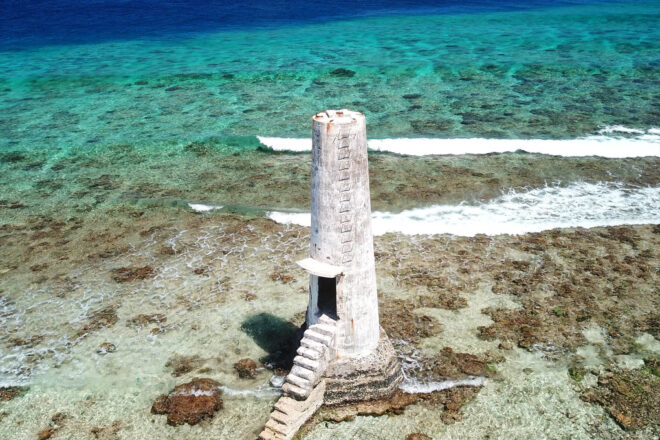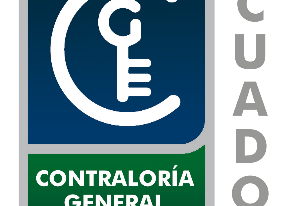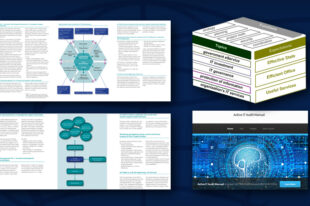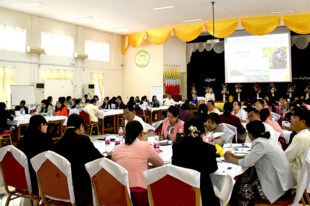Legislative and financial independence are key to building strong and resilient SAIs that are able to effectively address complex issues.
by Pacific Association of Supreme Audit Institutions
Pacific Island Supreme Audit Institutions (SAIs), many of which are very small in comparison with SAIs in other regions, face an array of challenges. These range from issues related to serving small populations, like a high risk of perceived conflicts of interest and difficulty recruiting and retaining qualified staff, to grave threats like the COVID-19 pandemic and climate change.
Given these challenges, it can be tempting for SAIs in the Pacific Association of SAIs (PASAI) region to make striving for independence a low priority. However, legislative and financial independence are key to building strong and resilient SAIs that are able to effectively address these complex issues.
The ultimate goal of efforts to strengthen SAI independence is not to secure budgets or increase power. Rather, it is to ensure SAIs are able to provide objective insights into public expenditures and governance by implementing an independent, risk-based audit agenda. All members of a society benefit when its SAI is capable of identifying and addressing problems and providing public assurance in government institutions.
The State of Independence in the Pacific
Of the 20 SAIs included in PASAI programs, none scored a perfect 4 on independence under the SAI Performance Measurement Framework. Only two of these SAIs (10 percent) scored a 3, demonstrating broadly functioning independence. These results indicate an urgent need to strengthen SAI independence in the Pacific region.
Specifically, SAIs in the Pacific lack sufficient autonomy regarding staffing, including having little transparency in the process of appointing the SAI Head, according to the World Bank’s Independence Index. A lack of freedom to appoint staff is a major impediment to building institutional resilience. In many cases, it is the jurisdiction’s Public Service Commission— not the SAI Head—that has the power to recruit and retain staff.
Pacific Island SAIs also need more financial autonomy. In the recent IDI Global SAI Stocktaking Report, the Pacific region scored very low in terms of its independence from Executive interference in budget execution. Pacific governments have cited COVID-19 as a reason to decrease the budgets and resources of SAIs in the region.
The above reports and assessments do not capture model Pacific jurisdictions like Australia and New Zealand, but it is worth noting they are not necessarily immune from threats to independence either. The Australian National Audit Office is subject to efficiency-related budget measures, and last year the government reduced its annual operating budget by millions of dollars despite a growing number of agencies the SAI must audit.
Chuuk State’s Public Auditor, whose salary is ordinarily funded through the Compact of Free Association between the Federated States of Micronesia and the United States, has not been paid in nearly 12 months. The SAI Head’s income is conditional on his return to Chuuk from the Philippines; however, travel restrictions have prevented him from doing so. Just two staff remain at the SAI to perform critical audit work and manage the operations of the office. This untenable situation will ultimately have negative consequences for the accountability of public funds.
PASAI’s Recent Work Supporting Independence
There is no doubt Pacific SAIs would be more resilient if they had greater independence. To help achieve this goal, PASAI uses a two-fold approach: a country-specific approach to working with specific SAIs, and a regional approach to advocating with Pacific leaders and development partners.
PASAI has provided legal expertise to the SAIs of six countries—Fiji, Kiribati, Samoa, the Solomon Islands, Tonga, and Tuvalu—that want to strengthen their independence by changing their legal frameworks.
In addition, since July 2020, PASAI has:
- Helped SAI Chuuk develop and finalize an SAI Independence Strategy.
- Provided advice on an amendment to the Republic of Marshall Islands Audit Act, suggesting it improve monetary incentives to staff who attain certain professional credentials to enable the recruitment and retention of talent within the audit office.
- Completed a review of SAI Solomon Islands’ Code of Ethics and delivered an online workshop on Ethics and Integrity for its staff.
- Presented on SAI independence at the Kiribati Public Accounts Committee induction event.
PASAI also liaised with a consultant and INTOSAI Development Initiative (IDI) to develop a workshop that SAIs can use to advocate for SAI independence and legislative reform with legislatures, governments, and other key stakeholders.
There is often a need to educate SAIs not only on how to improve their independence, but also on how big the gap is between true independence and their current situation. At this time, PASAI has conducted five of an expected 20 SAI independence workshops tailored specifically for SAIs in the Cook Islands, Guam, Kiribati, the Marshall Islands, and the Solomon Islands.
PASAI has also revised its Independence Resource Kit to include an editable SAI independence strategy template, a legislative reform policy paper template, and drafting instructions that a consultant has used with some success in the Solomon Islands.
The Future of Pacific SAI Independence
PASAI continues to work with SAIs in the region to advocate for audit independence with parliaments, legislatures, and key stakeholders. The road to SAI independence can be a long one, but as any SAI that has succeeded in improving its independence knows, it is worth the struggle.
Cover graphic: Motoki Kurabayashi, CC BY-SA 4.0 <https://creativecommons. org/licenses/by-sa/4.0>, via Wikimedia Commons






